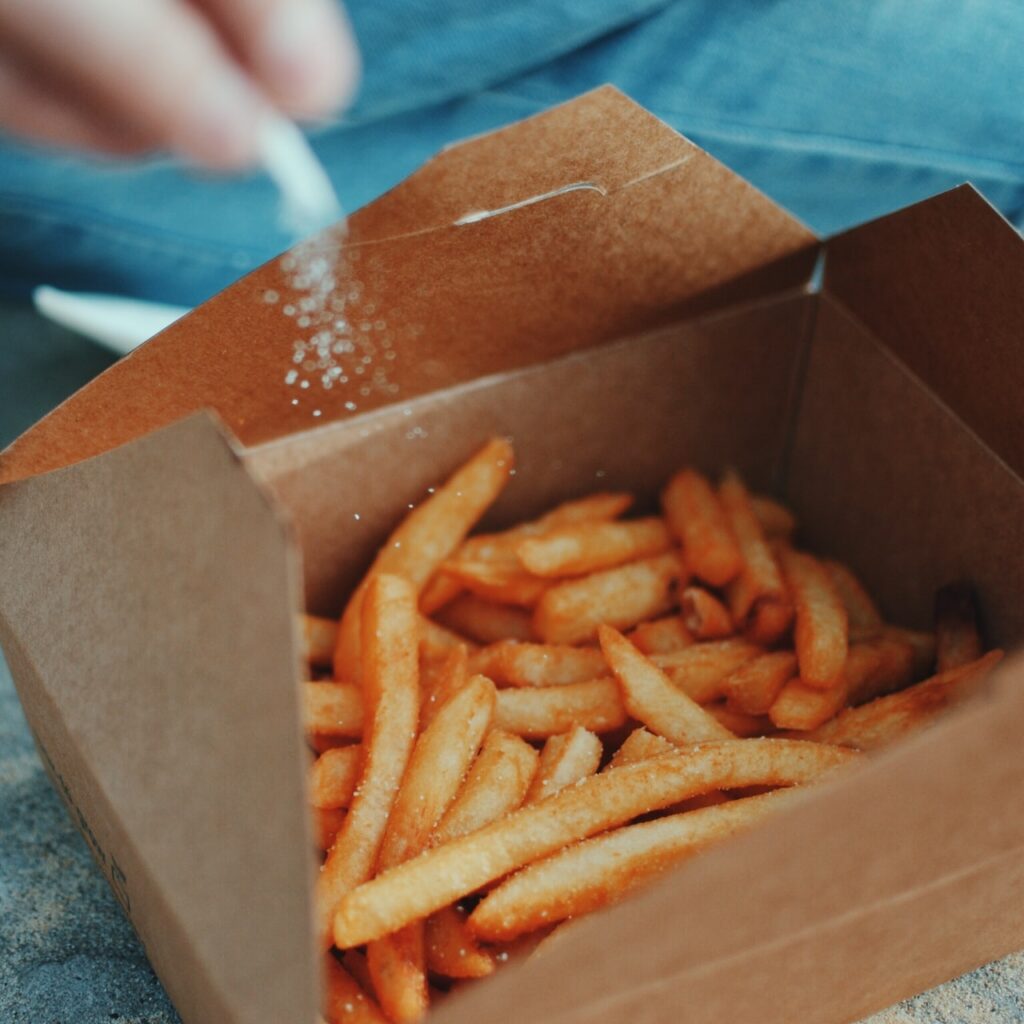


17 June, 2022
Scotland has stormed ahead of the rest of the UK by recently banning single use plastics. Whilst this is essential to reducing the enormous environmental challenge presented by plastic waste, it is not the silver bullet to addressing climate change that some may think.
When Scottish businesses were asked what they planned to use instead of single use plastics, most chose single use fibre-based containers. These are usually made of bagasse which is a biodegradable by-product of sugar cane. A life cycle analysis shows that the carbon impact of bagasse single use containers was almost the same as those made from polystyrene. This is because bagasse is heavier and denser, leading to higher emissions from transport and disposal.
As a result, this is a ban on a specific product resulting in a swap of one single use item for another, addressing a waste problem but with almost no carbon savings. This is true of other products we tend to assume are more eco-friendly; to make up for the resources that went into making a cotton tote bag it must be used 7,100 times, and a reusable coffee cup up to 250 times.
We need a more fundamental transformation if we are going to address our throwaway culture. What would a different policy approach that encourages re-use look like? Netherlands and Sweden have demonstrated how setting statutory country-level consumption-based targets allows for more informed and whole system decision making. With a consultation on a Circular Economy Bill launching in Scotland, there is the chance to throwaway its single life.
By Alice Railton